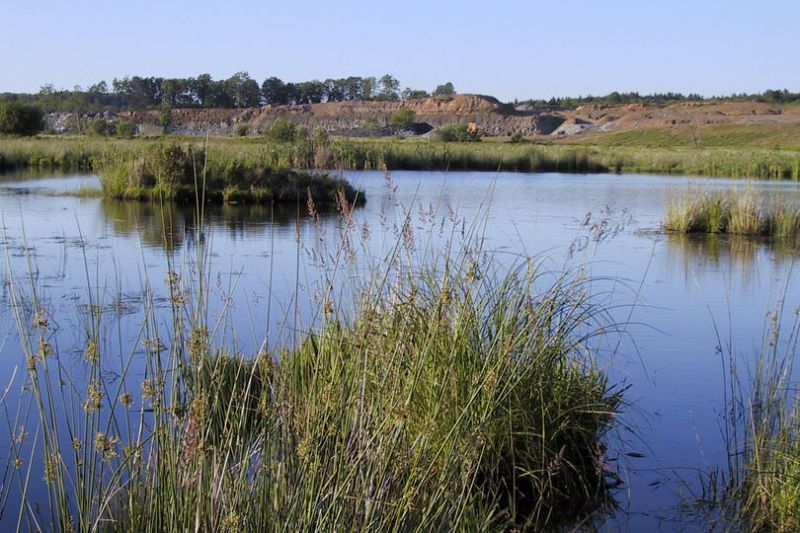First Comprehensive Regulatory Guidance for State Wetland Water Quality Standards
Published on by Water Network Research, Official research team of The Water Network in Case Studies
WVU researchers to develop first comprehensive regulatory guidance for state wetland water quality standards
By Lindsay Willey

Image source: WVU
To advance the needs of state and federal agencies seeking information about important water quality measures in wetlands and in the headwaters of West Virginia’s rivers, the West Virginia University Institute of Water Security and Science will develop and recommend wetland water quality standards for the state.
Through comprehensive, science-based research and analysis, IWSS will assess and monitor more than 200 wetlands across the state, establish numeric criteria for chemical constituents based on the type and location of the wetlands and improve how to identify and classify water pollution problems.
“Straddling two major watersheds, West Virginia is uniquely positioned to be a progressive leader in showing how best to manage water quality and protect wetlands not only in our backyard, but across the country,” said Jason Hubbart, director of the Institute, and co-principle investigator. “For the first time, we have the ability to assess the vast variabilities of wetlands across the state, year-round, to improve our understanding of how they work and determine the necessary standards to better protect water quality and conserve our ecosystem.”
Healthy wetlands perform important ecological functions, such as feeding downstream waters, trapping floodwaters, recharging groundwater supplies, removing pollution and providing habitat for fish and wildlife. Wetlands are instrumental in eliminating or treating pollution and can have a huge impact on receiving waters located downstream.
The project will be funded by a $800,000 grant from the U.S. Environmental Protection Agency. As part of the grant, IWSS will communicate its findings via webinars, presenting at conferences and regular meetings with the West Virginia Department of Environmental Protection and the West Virginia Division of Natural Resources. Associate Director of the Institute of Water Security and Science, Elliott Kellner, and Professor of Spatial Analysis in the WVU Davis College of Agriculture, Natural Resources and Design, Mike Strager, will also be co-investigators.
“Identifying wetland water quality conditions across West Virginia will advance our understanding of the range of water quality variables and provide us with a more detailed assessment of the extent of wetland pollution,” said Jim Anderson, principal investigator and professor of wildlife and fisheries resources in the WVU Davis College of Agriculture, Natural Resources and Design. “This study will allow our research team to produce and disseminate valuable, novel data and science-based information regarding the chemical, physical, and ecological condition and function of wetlands.”
Wetlands Program Development Grants assist state, tribal, local government agencies, and interstate/intertribal entities in building programs that protect, manage, and restore wetlands and aquatic resources. States, tribes, and local governments are encouraged to develop wetlands program plans, which help create a roadmap for achieving long-term environmental goals.
Source: West Virginia University
Media
Taxonomy
- Watershed Management
- Resource Management
- Water Resource Mapping
- Watershed
- Wetlands
- Sustainable Water Resource Management
- Integrated Watershed Management
- Constructed Wetlands
- Water Resource Management
- Watershed Management
- Wetlands